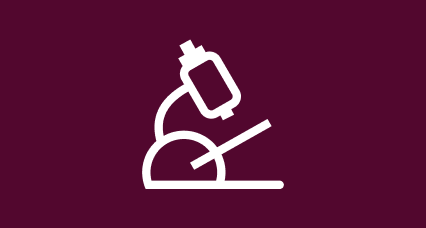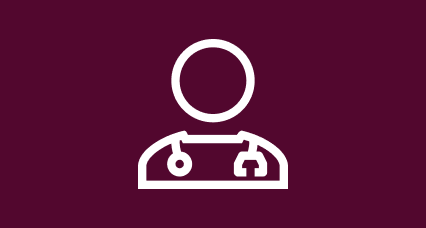Hodgkin lymphoma diagnosis and staging
Doctors use several tests to diagnose Hodgkin lymphoma, work out how far it has spread and plan your treatment. Find out how Hodgkin lymphoma is diagnosed and staged and the tests you may have.

Hodgkin lymphoma diagnosis
The main test to diagnosis Hodgkin lymphoma is called a lymph node biopsy. If a diagnosis is confirmed, you'll have more tests and scans to check your health and how far the lymphoma has progressed.
Tests and scans

Hodgkin lymphoma staging
If you’ve been diagnosed with Hodgkin lymphoma, your doctor will work out your stage. This tells them how far the lymphoma has spread, and helps them plan the right treatment for you.
What your stage means
This information has been accredited with the PIF TICK, the UK's only quality mark for trusted health information.
Last full review 2024. Next full review due 2027. We make factual updates to the information throughout this period.
Thank you to Consultant Haematologists Dr David Tucker and Dr Dima El-Sharkawi for checking the clinical accuracy of this information, and Clinical Nurse Specialist Tina Brooks for her guidance and support.
